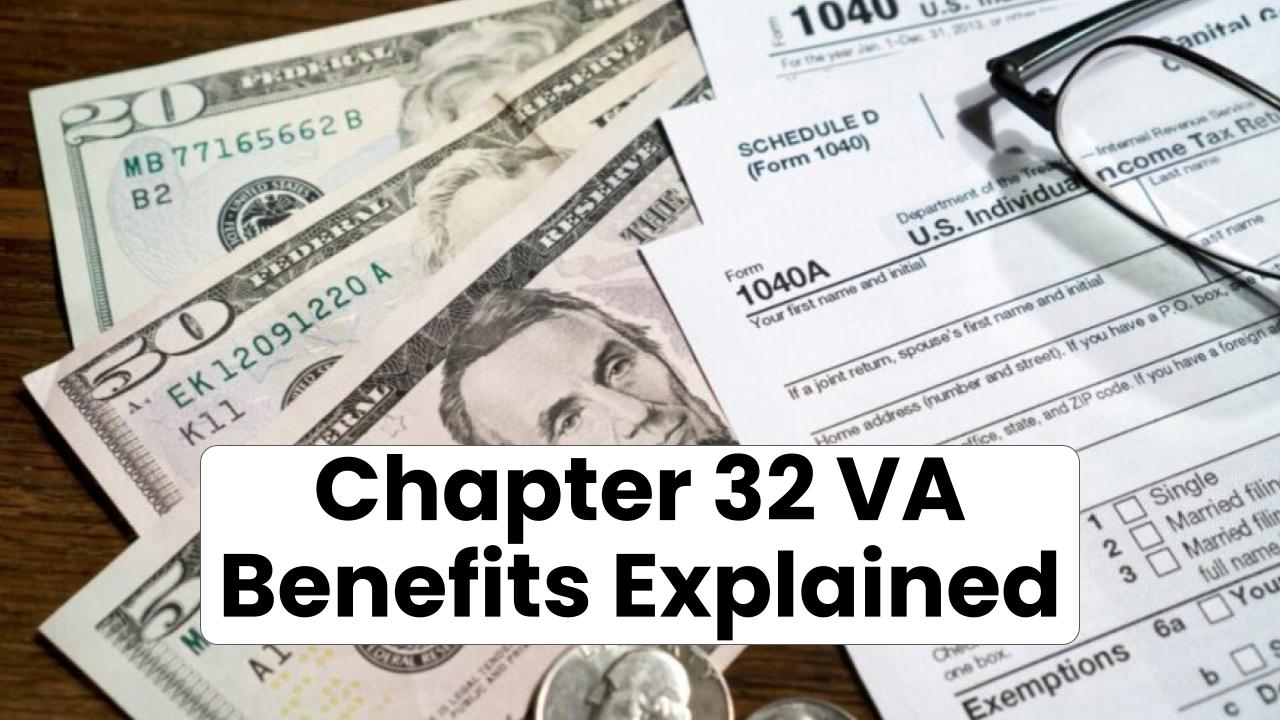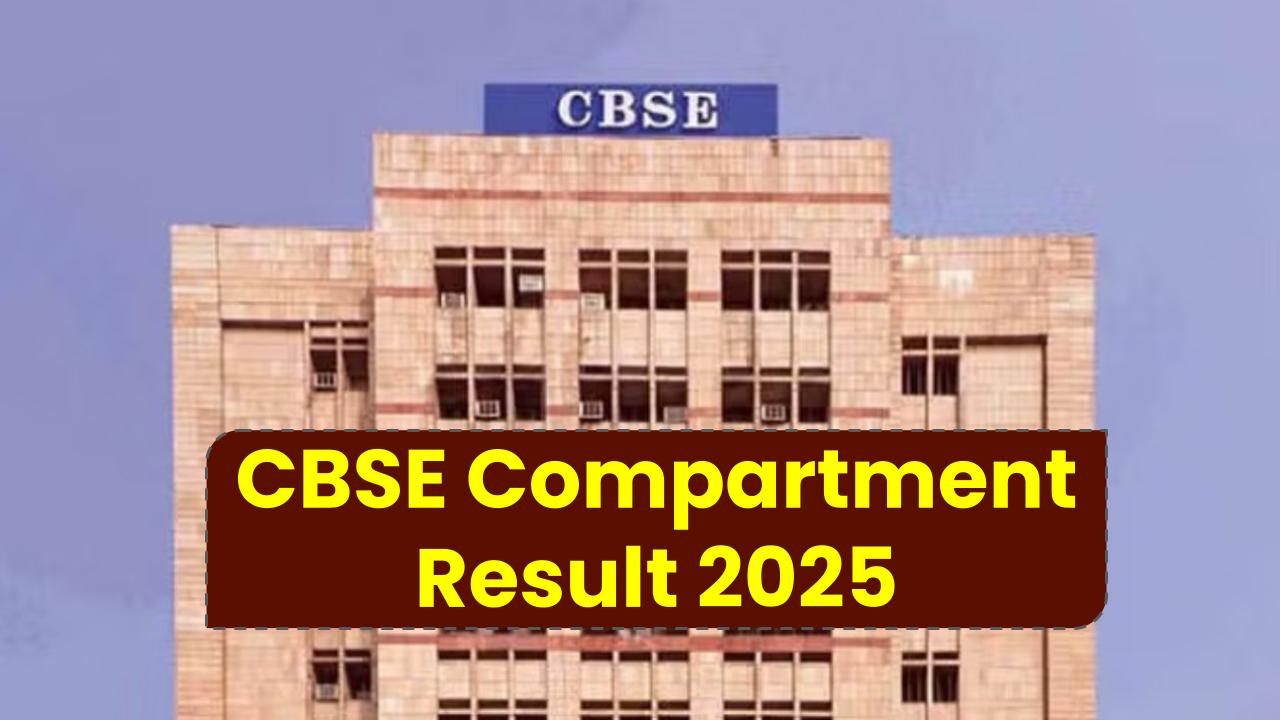If you’re a central government employee or pensioner, you’ve likely been waiting on pins and needles for news from the 8th Pay Commission. Well, the buzz is real now — and the numbers are promising! With a potential basic pay hike to ₹32,000, this isn’t just another update — it’s a game-changer for your salary, pension, and financial planning.

8th Pay Commission Report OUT!
| Topic | Details |
|---|---|
| New Minimum Basic Pay | ₹32,000 (up from ₹18,000 under 7th CPC) |
| Fitment Factor Expected | 1.8 to 2.46, depending on final approval |
| Estimated Real Salary Hike | 13% (conservative) to 30–34% (optimistic scenarios) |
| Beneficiaries | Over 11 million (4.4M employees + 6.8M pensioners) |
| Likely Implementation Date | January 1, 2026 (might extend to 2027 depending on rollout pace) |
| Official Info | Visit DOPT Official Website for future notifications |
The 8th Pay Commission’s potential ₹32,000 basic pay update is not just a raise — it’s a financial milestone for millions of Indian government employees and pensioners. Whether you’re a junior assistant or a senior officer, this revision touches your salary, allowances, pensions, and long-term financial goals.
While the exact numbers will be finalized in the coming year, the direction is clear: higher take-home, better benefits, and more economic stability for millions. So, stay informed, plan ahead, and use this upcoming change to boost your financial health.
What’s the 8th Pay Commission, Anyway?
The Pay Commission is like a financial health check-up for central government workers. Every 10 years or so, the Government of India sets up a commission to review and revise salary structures, benefits, and pensions. Think of it like a mega HR audit — but it impacts millions of wallets.
The 7th Pay Commission kicked in back in 2016, setting the minimum basic pay at ₹18,000. Now with inflation, economic growth, and new financial realities, the 8th CPC is stepping up with a likely hike to ₹32,000.
What’s This “Fitment Factor” You Keep Hearing About?
Imagine multiplying your old pay by a certain number. That’s the fitment factor.
- Under the 7th CPC, it was 2.57
- For the 8th CPC, it’s expected to range from 1.8 to 2.46
Here’s what it looks like:
| Current Basic Pay | Fitment Factor | New Basic Pay (Est.) |
|---|---|---|
| ₹18,000 | 1.8 | ₹32,400 |
| ₹18,000 | 2.46 | ₹44,280 |
Pro Tip: The higher the fitment factor, the better your revised salary and all allowances tied to basic pay (like HRA, TA, and pension).
Real Talk: What’s the Actual Increase in Your Paycheck?
While headlines scream “₹32K!”, the actual take-home benefit may feel smaller at first — and here’s why:
DA (Dearness Allowance) Resets to Zero
Each time a new Pay Commission kicks in, DA resets to 0%. So if you were used to that 50%+ DA bump, it’s gone — for now.
But don’t worry — DA climbs back up slowly, every six months.
Allowances Will Adjust
Things like HRA (House Rent Allowance) and TA (Transport Allowance) are based on your basic pay. So once that increases, these climb too.
Who Benefits the Most from This?
This isn’t just for desk jobs in Delhi. Here’s who sees a lift:
- Constables, clerks, and junior staff: That ₹18K to ₹32K bump is massive for them.
- Mid-level officers (Pay Levels 6–10): Enhanced take-home + retirement benefits.
- Pensioners: Recalculated pension based on new basic, using the fitment formula.
- Families of government employees: Better job offers = stronger savings, insurance, and retirement.
When Will the 8th Pay Commission Start?
If everything goes to plan, January 1, 2026 is your date with the raise.
But remember: paperwork, politics, and parliamentary processes can delay it. Late 2026 or early 2027 is still very possible.
Want to stay up to date? Bookmark https://dopt.gov.in — it’s the official portal for Department of Personnel and Training.
How to Calculate Your New Salary (Step-by-Step)
Step 1: Know Your Current Basic Pay
Let’s say it’s ₹25,000.
Step 2: Choose a Fitment Factor (1.8 to 2.46)
Let’s go with 2.0 for simplicity.
Step 3: Multiply
₹25,000 × 2.0 = ₹50,000 new basic pay
Step 4: Add Allowances (HRA + DA + TA)
- DA: Initially 0%, will rise over time
- HRA: Say 24% → ₹12,000
- TA: Let’s say ₹3,600
Total = ₹50,000 + ₹12,000 + ₹3,600 = ₹65,600 (gross)
Practical Advice for Employees & Pensioners
- Start Financial Planning Now
Use this hike to increase retirement contributions, not just spending. - Check with Your Department HR
Ask how your pay level or grade will change under the new matrix. - Use Online Calculators
Tools like Sarkari Yojana Salary Estimators help visualize your new monthly income. - Update Life Insurance & Loans
Salary jumps can affect loan eligibility — use it wisely.
FAQs
Will the 8th Pay Commission benefit pensioners?
Yes. Pensions are recalculated based on the new basic pay and fitment factor.
Will contractual or outsourced workers benefit?
No, only permanent central government employees and pensioners are included.
Is ₹32,000 guaranteed?
Not yet. It’s expected, based on reports by Kotak Institutional Equities and others.
When will we know the final fitment factor?
Official declaration will likely happen in mid to late 2025. Keep an eye on https://dopt.gov.in.








